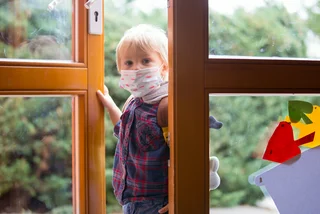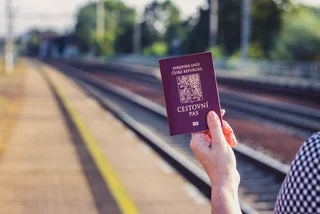The current ban on movement, which restricts travel between districts in the Czech Republic, could be lifted after Easter, Czech Health Minister Jan Blátný told reporters today.
The current measures, as well as the state of emergency, are set to expire on March 28. These include a curfew from 21:00, which has been in place since October. Districts are monitored by police, with essential trips to work or the doctor or to care for family members the only exceptions for travel outside of one's district.
"The pandemic law can ensure almost everything except the closure of the districts and the curfew. This is why we have the legislation," Blátný said, underscoring the importance of keeping the emergency state.
The Chamber of Deputies will meet to discuss extending the current state of emergency on Friday afternoon. Proponents of prolonging the state of emergency fear that family visits over the Easter weekend could lead to the spread of the virus.
The opposition leaders say the state of emergency does not contribute to the protection of the people and is rather meant to dissimulate the helplessness of the government. The opposition believes the government should use the pandemic law to declare the anti-epidemic measures.
The opposition also criticizes the ban on visiting weekend homes and cottages.
Czech PM Andrej Babiš has said he hopes that the Chamber of Deputies will support the request of the minority ANO and Social Democrats cabinet and prolong the existing state of emergency at least until Easter if it does not back the proposed 30-day extension.
Blátný also told reporters that children could return to school as early as April 12. Education Minister Robert Plaga states that April 19 is another date being discussed.
"April 12 is the earliest deadline. We have agreed on this at talks with the opposition, too. This is the goal," Blátný said.
The return to classes would involve antigen testing twice a week, and largely depends on the input of the chief sanitary officer who should make a final decision next week.
The present restrictions, in force since March 1, are aimed at stopping the spread of the coronavirus in the Czech Republic which confirmed 1.5 million total cases since March of last year, according to the World Health Organization. All schools in the Czech Republic have been closed since March 1.












 Reading time: 2 minutes
Reading time: 2 minutes 






























